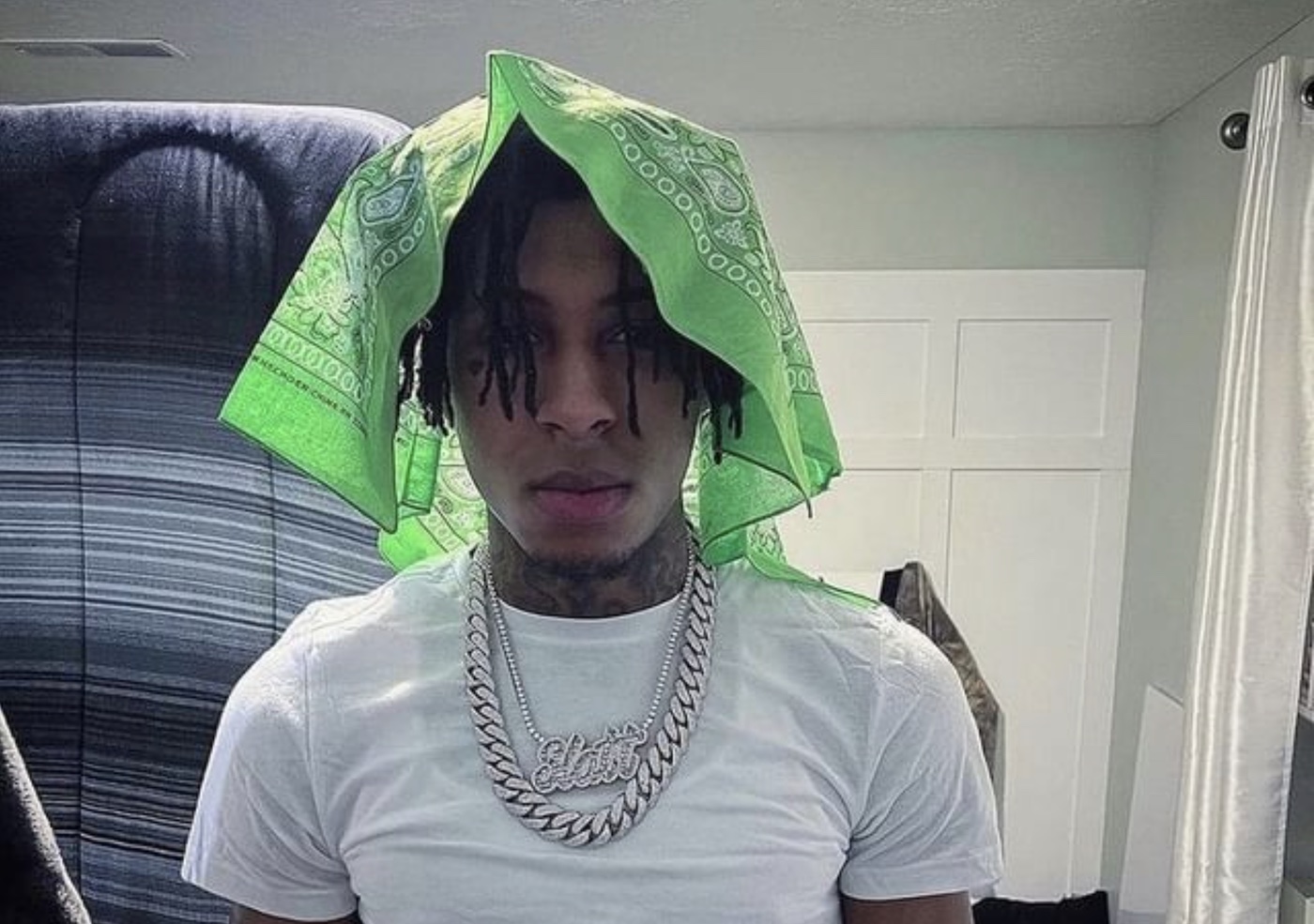NBA YoungBoy scores major victory in his gun case in California after a judge rule prosecutors can’t use his song lyrics as evidence.
The rapper’s gun case was called up on July 12, where his legal team and prosecutors are haggling over the prosecution’s move to introduce evidence in the form of rap lyrics into the trial.
On Tuesday, NBA YoungBoy’s legal team filed paperwork to stop evidence of “other acts,” which include rap lyrics in his California gun case. YoungBoy is facing charges for illegal possession of a firearm in relation to a gun found in his car during a traffic stop last year. The rapper was stopped by cops, but he went on a high-speed chase, and he and another man both fled the car on foot before they were later arrested. Police had found a gun in the car, which was said to be driven and owned by the Baton Rouge rapper.
YoungBoy Never Broke Again is charged with possession of “a specific FN .45 caliber pistol” and ammo within the Central District of California.
However, the rapper’s legal team is attempting to stop prosecutors from introducing evidence of “other acts” in the trial. Evidence of other acts includes rap lyrics and his ongoing case in Lousiana, where the rapper is facing separate weapons charges, as well as his social media history.
The proposed lyrics are from NBA YoungBoy’s tracks, “Gunsmoke” and “Life Support,” which speak about the rapper’s affinity and love for guns and using them and specifically where the gun in question was mentioned and Shyne Jewelers.
According to YoungBoy’s lawyer, the rapper “does not dispute the commercial relationship” with Shyne.
NBA YoungBoy’s legal team raised several legal principles in the law of evidence which questioned the probative value of the proposed evidence over its prejudicial effect.
“The court has the authority to exclude marginally relevant evidence when its probative value is substantially outweighed by its prejudicial effect which will occur when hardcore rap lyrics are presented to this jury.”
In its original filings, the prosecution said that YoungBoy’s previous acts are admissible in the case because they entwined with the crime he was charged with or serve a permissible purpose.
The motion referenced a “four-part test” the court ought to use to determine the admissibility of such “evidence” even though the prosecution admitted that the test would contemplate introducing songs that may be unfairly prejudicial. Instead, prosecutors argued that they should be allowed to admit only select lyrics, and one such song mentioned was “Lonely Child.”
In the meantime, the trial in California is set to continue this week, and the presiding judge is expected to hand down ruling on the arguments presented by both sides.
YoungBoy is also simultaneously appearing in court this week in Louisiana for gun charges there.
